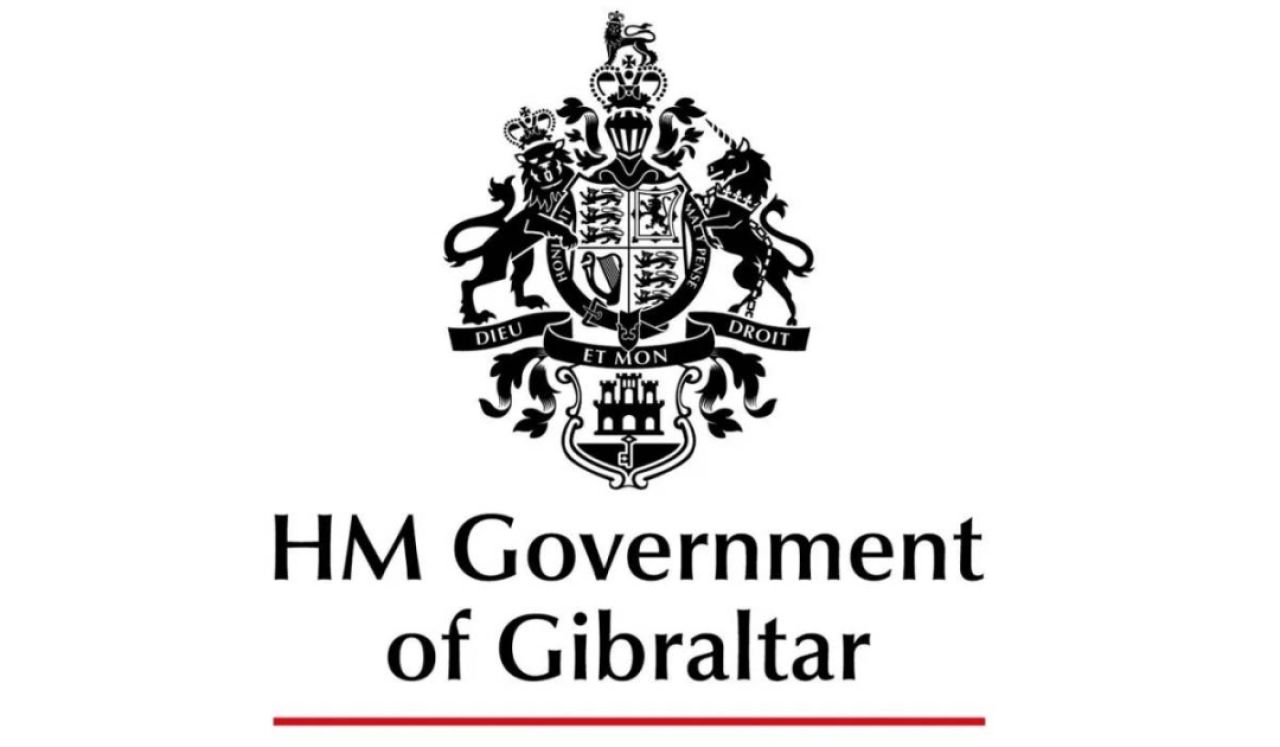Government Says Their Actions Are Not Strange But Lawful And Proper

In response to the GSD's recent statement, the Government has clarified that the Employment (Public Interest Information) Act 2012 includes provisions, known as 'whistleblower protection' legislation, that provide statutory protection for employees who make public interest disclosures, including protection against detrimental treatment or dismissal.
A statement from the Government follows below:
The statements from Leader of the Opposition today on GBC about it being ‘strange’ that the Chief Minister has received information of potential criminal offences having been committed suggests that Mr Azopardi is not familiar with the provisions of Section 45A to 45O of the Employment Act.
These sections of the Employment Act are referred to as the ‘whistle blowers protection’ legislation and were introduced by the creation of the Employment (Public Interest Information) Act 2012 which provides statutory protection for employees who make a disclosure in the public interest, including the right not to be subjected to a detriment, or dismissed.
Section 45B(1) of the Employment Act specifically provides that disclosures qualifying for protection include ‘… any disclosure of information which, in the reasonable belief of the worker making the disclosure, tends to show one or more of the following−
(a) that a criminal offence has been committed, is being committed or is likely to be committed; (b) that a person has failed, is failing or is likely to fail to comply with any legal obligation to which he is subject;
(c) that a miscarriage of justice has occurred, is occurring or is likely to occur…”.
Additionally, Section 45(E) provides that such disclosures can be made to a Minister ‘…where the worker’s employer is−
(i) an individual appointed under any Act by a Minister or the Government, or (ii) a body any of whose members are so appointed, and
(b) the disclosure is made in good faith to a Minister.’
Further, given that the matters in question relate to Police Officers, the relevant provisions of Section 45(L) of the Employment Act apply directly. This section specifically applies of the whistle blower protections to officers of the RGP and extends the protection to the right not to be unfairly dismissed.
In fact, therefore, far from being ‘strange’ it is lawful, proper and in keeping with the law that Ministers should receive, in relevant instances of ‘whistle blowing’, information about criminal offences. Given the direct application of the ‘whistle blowing’ rules to police officers, it is directly foreseen in the law that police officers are able to make protected disclosures to ministers about
criminal offences and miscarriages of justice. Mr Azopardi should not, if he had been familiar with the law, been surprised by this or consider it ‘strange’ in any way.
In the circumstances, what is indeed ‘strange’ that Mr Azopardi is not familiar with these provisions which require the Government to act as it has done.
Any evidence disclosed as a ‘protected disclosure’ is not, however, for the Government or Ministers to assess, but a matter for relevant tribunals when the evidence comes before them.
The Chief Minister, the Hon Fabian Picardo KC MP, said: “Mr Azopardi should familiarise himself with the relevant sections of the Employment Act before suggesting that the Government is doing any thing which can be described as strange when we are acting in keeping with our legal obligations. I already indicated this to him when he last raised the issue, but he has obviously failed to check the law and see for himself that the position is clear”.
Latest News
- ‘The Final Whistle’ – Sporting Farewell To The Current Victoria Stadium To Take Place In June
- Fourth South District Constituency Meeting
- Specialist Training On Crypto Asset Disputes Delivered To Law Enforcement Authorities
- Hewitt And Galliano Attend Modus International Super Series Pairs Event
- Summer Nights 2025 Programme
- Chief Minister Congratulates His Holiness Pope Leon XIV
- Gibraltar Becomes Formal Member Of Academy Of Urbanism
- Minister Arias-Vasquez Made Difficult But Necessary Decisions To Improve Domiciliary Care Says Government
- OTWO Hosts ‘Back to Print’ Presentation in Gibraltar
- Temporary Closure of the Tower of Homage for Major Conservation and Interpretation Works




